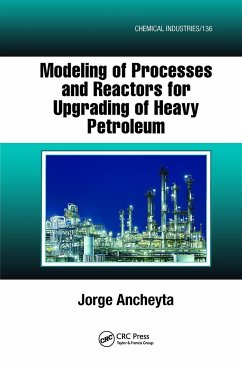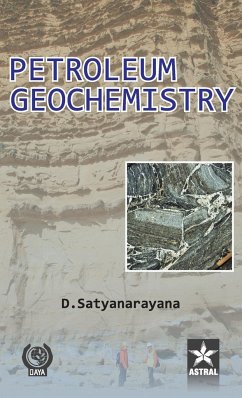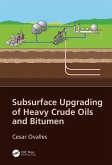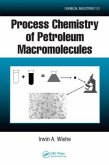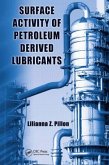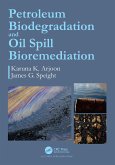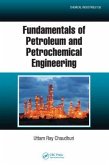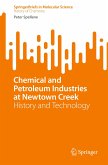The worldwide petroleum industry is facing a dilemma: the production level of heavy petroleum is higher than that of light petroleum. Heavy crude oils possess high amounts of impurities (sulfur, nitrogen, metals, and asphaltenes), as well as a high yield of residue with consequent low production of valuable distillates (gasoline and diesel). These characteristics, in turn, are responsible for the low price of heavy petroleum. Additionally, existing refineries are designed to process light crude oil, and heavy oil cannot be refined to 100 percent. One solution to this problem is the installation of plants for heavy oil upgrading before sending this raw material to a refinery. Modeling of Processes and Reactors for Upgrading of Heavy Petroleum gives an up-to-date treatment of modeling of reactors employed in the main processes for heavy petroleum upgrading. The book includes fundamental aspects such as thermodynamics, reaction kinetics, chemistry, and process variables. Process schemes for each process are discussed in detail. The author thoroughly describes the development of correlations, reactor models, and kinetic models with the aid of experimental data collected from different reaction scales. The validation of modeling results is performed by comparison with experimental and commercial data taken from the literature or generated in various laboratory scale reactors. Organized into three sections, this book deals with general aspects of properties and upgrading of heavy oils, describes the modeling of non-catalytic processes, as well as the modeling of catalytic processes. Each chapter provides detailed experimental data, explanations of how to determine model parameters, and comparisons with reactor model predictions for different situations, so that readers can adapt their own computer programs. The book includes rigorous treatment of the different topics as well as the step-by-step description of model formulation and application. It is not only an indispensable reference for professionals working in the development of reactor models for the petroleum industry, but also a textbook for full courses in chemical reaction engineering. The author would like to express his sincere appreciation to the Marcos Moshinsky Foundation for the financial support provided by means of a Cátedra de Investigación.
Hinweis: Dieser Artikel kann nur an eine deutsche Lieferadresse ausgeliefert werden.
Hinweis: Dieser Artikel kann nur an eine deutsche Lieferadresse ausgeliefert werden.

